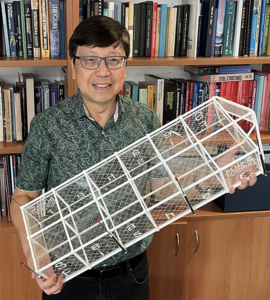
Lightweight fish pen designer aims to help move aquaculture to deeper seas
Researchers have designed a new lightweight fish pen that can be used for farming fish in deeper parts of the ocean.
Pine Island Redfish, a Florida-based aquaculture startup, joins Bright Tide's accelerator to advance regenerative farming practices.

Researchers have designed a new lightweight fish pen that can be used for farming fish in deeper parts of the ocean.
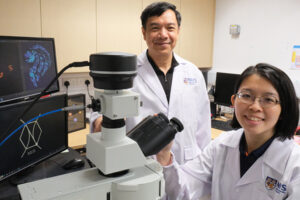
Scientists have uncovered a novel method that allows heat-treated fish scales to be upcycled for pollution control and encryption.
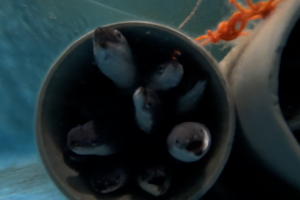
Rearing Japanese eels at a reasonable cost has proved challenging over the years, but recent developments at Kindai University are raising hopes.
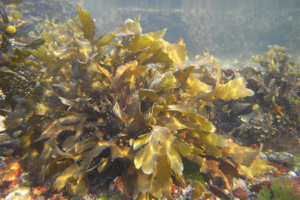
Study from Portugal explores novel approaches to incorporate compounds from seaweed into stable drugs for pharmacological and nutraceutical uses.
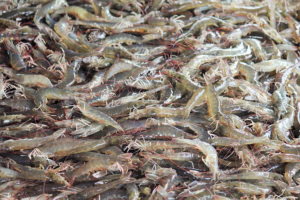
A genome assembly of L. vannamei provides valuable resources for future genetic research, breeding and improvement of traits for aquaculture.
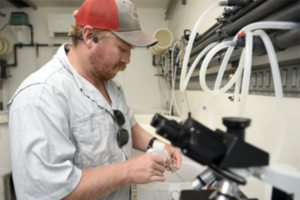
The Palacios Marine Agricultural Research launched a project to advance Texas' oyster farming industry, starting with a mobile hatchery.
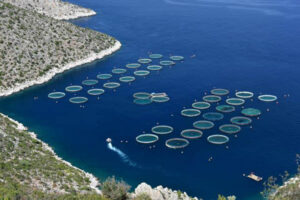
Overall EU aquaculture production has "flatlined" and the sector's environmental impact can’t be reliably measured, a new report finds.
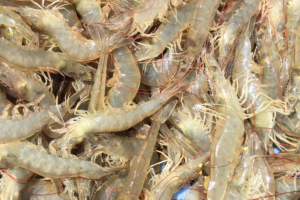
With USDA research funding, Sherlock Biosciences and the Gloucester Marine Genomics Institute will commercialize diagnostic tests for shrimp diseases.
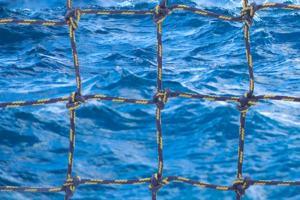
Aquaculture is witnessing a shift in net pen cleaning operations as some operators say biofouling is becoming “even worse than disease.”
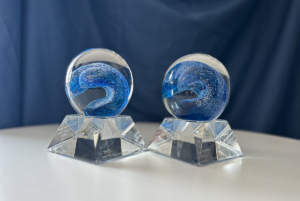
GSA is set to honor seafood trailblazers with Responsible Seafood Innovation Awards, the winners of which will be named at the Responsible Seafood Summit.
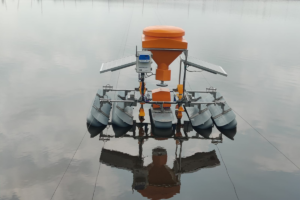
The company's suite of IoT shrimp farming tools could help boost the productivity and profits of shrimp farmers in India.
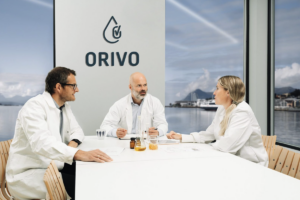
Norway-based company says its NMR spectroscopy technology is setting new standards for seafood traceability and transparency.
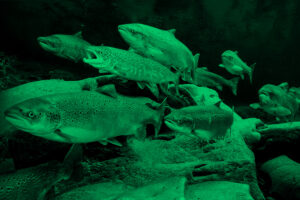
A feed supplement protein produced by AQUIT in Chile helps farmed salmon ward off disease while improving their overall health and growth.
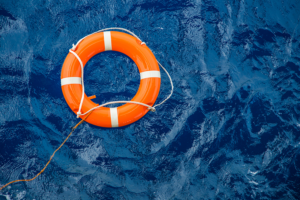
Zeal Industries’ tool transmits GPS, temperature and other environmental data to the cloud to assist worker safety and seafood traceability.
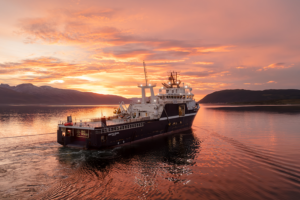
Ava Ocean proves scallop harvesting in the Barents Sea can be done responsibly using its selective “shellfish picker" technology.